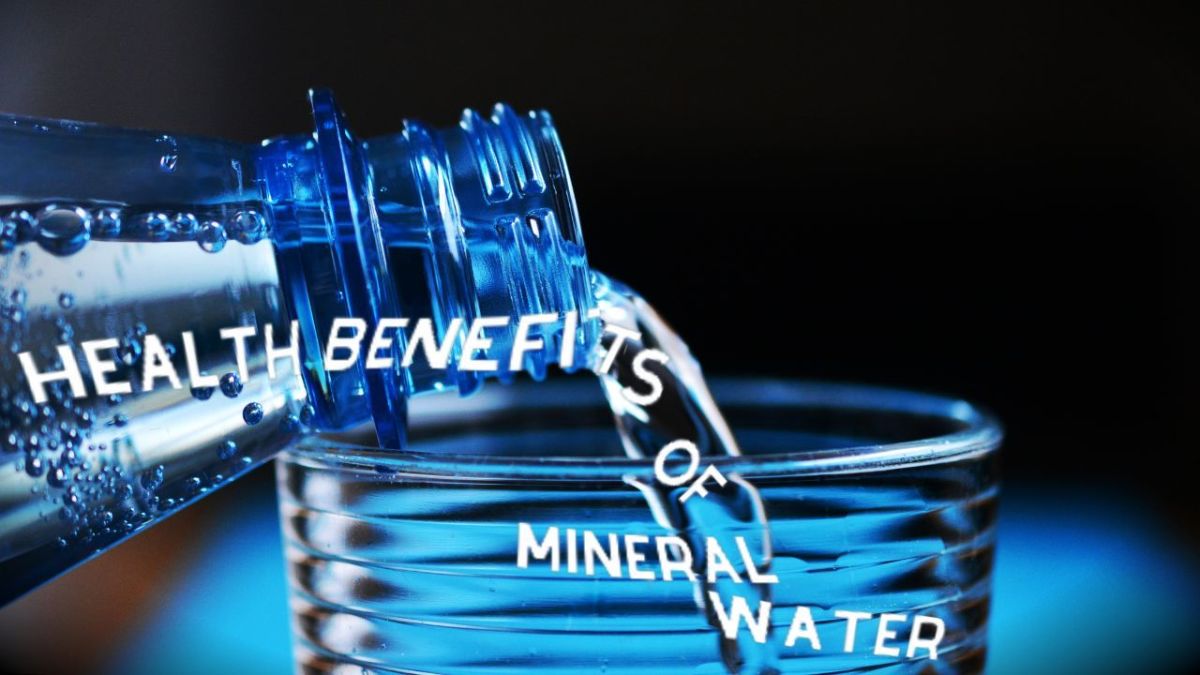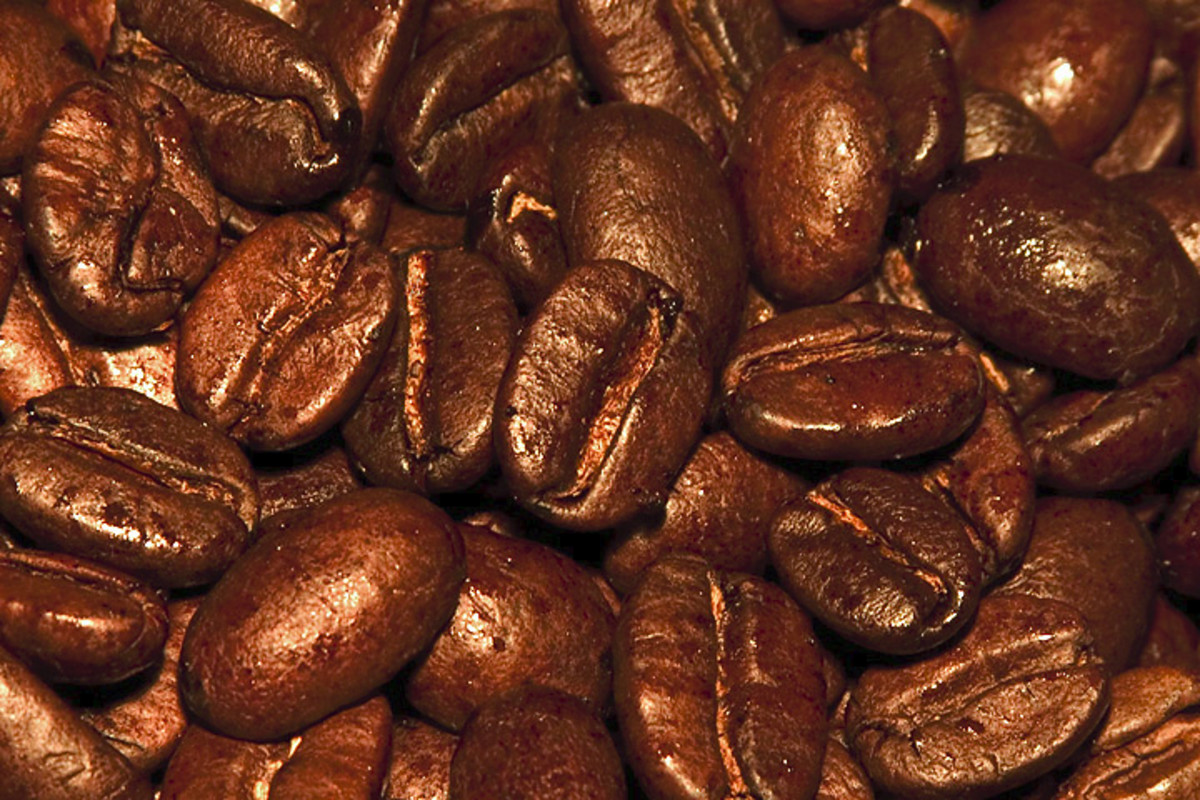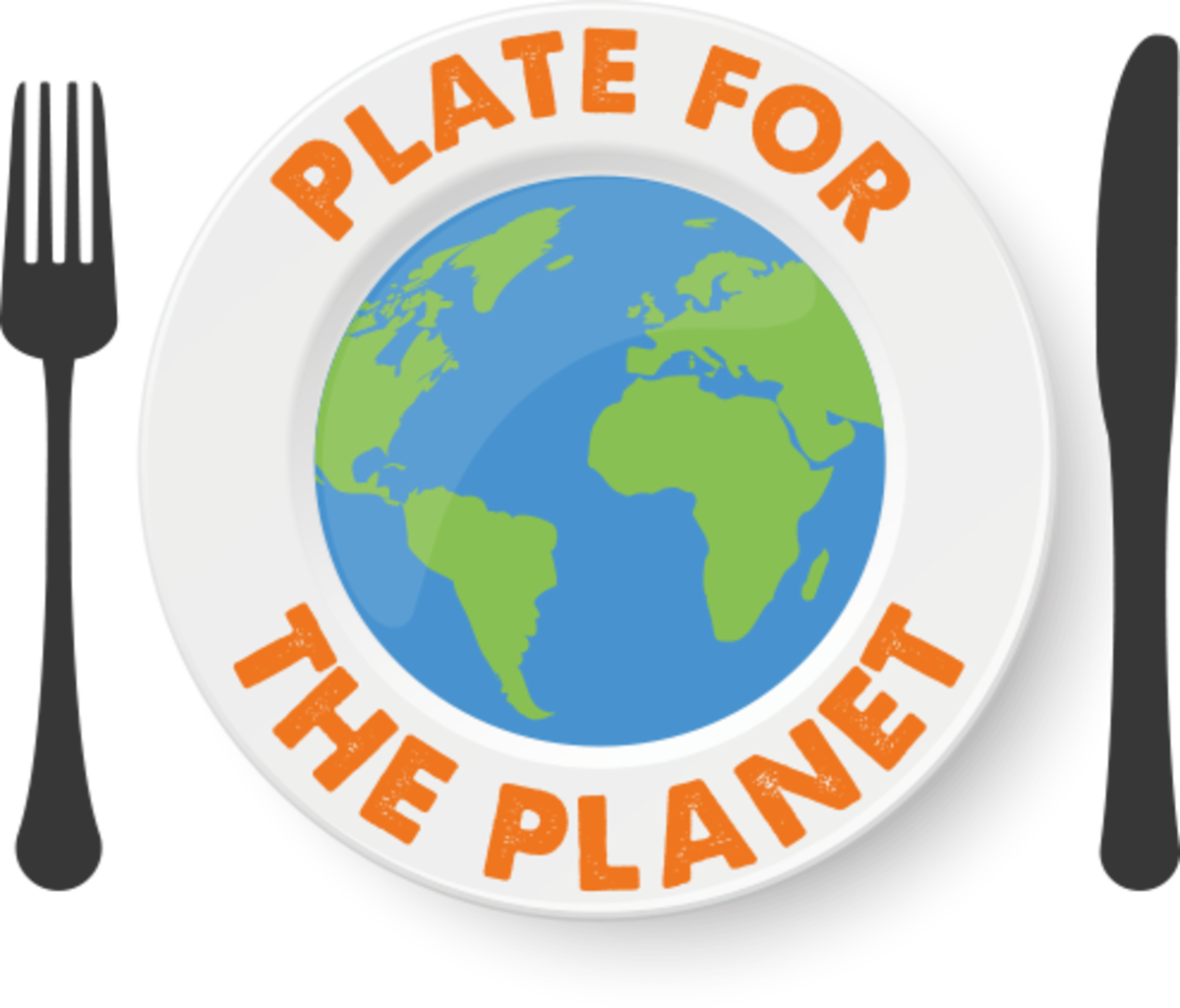Coffee’s Positive Health Benefits and Negative Health Impacts
Coffee is one of the most popular beverages in the world. Some people consume it occasionally, while others make drinking coffee part of their daily routine and drink a lot of it. What many coffee drinkers don’t realize is that coffee has a number of positive health benefits as well as several negative impacts that could potentially affect their health. So, drink up, but be aware of the various impacts coffee can have on your health.
The actual effects coffee consumption can have on your health are a mixed bag since preexisting medical conditions and the type of coffee consumed (non-organic versus organic, caffeinated versus decaffeinated) can be the difference between beneficial and detrimental health impacts. On balance, the positive health benefits associated with coffee consumption outweigh the detrimental health impacts for most coffee drinkers. But it is important to be aware that people with heart conditions should stick to decaffeinated varieties because drinking caffeinated coffee can be dangerous for people with such medical conditions, as discussed in further detail below.

Non-Organically Grown Coffee Has Many Toxins That Can Harm Your Health
Before delving into coffee’s health benefits and negative impacts, it is important to understand that non-organically grown coffee plants and the coffee beans they produce are sprayed with copious amounts of herbicides, pesticides, fungicides, and insecticides. Although a portion of these toxic and potentially carcinogenic compounds are removed during the bean roasting process, some toxic residues remain and make it into the coffee consumers drink. While it is unclear what the negative health impacts are from these man-made compounds in coffee, it is a good idea healthwise to limit your ingestion of herbicides, pesticides, fungicides, and insecticides as much as possible since many have been linked to diseases such as cancer.
There is a simple way to ensure you are receiving the full health benefits of drinking coffee without ingesting potentially harmful man-made compounds. Drink coffee that is produced from beans that are organically grown.

Positive Health Impacts Associated with Drinking Coffee
While you are having your daily cup(s) of coffee, you are actually benefitting your body’s health in a number of ways. The following is a summary of the positive health impacts associated with drinking a moderate amount of coffee (two to four cups). Be aware that not everyone reacts to caffeine the same way and people with certain health conditions should avoid consuming caffeine (learn more about coffee’s negative health effects in the following section).
- Provides a number of beneficial nutrients, including the vitamin B complex
- Provides a significant number of antioxidants to the bloodstream, which helps reduce inflammation and prevents a number of diseases
- Caffeinated coffee increases alertness and metabolism, and is a mood enhancer that also stimulates brain activity
- Caffeinated coffee boosts energy and exercise performance
- Lowers the risk of developing type 2 diabetes
- Helps the body prevent some cancers such as liver, uterine, and the skin cancer basal cell carcinoma (BCC)
- Helps prevent neurologic diseases such as Parkinson’s disease and Alzheimer’s disease
- Improves cardiovascular circulation when consumed in moderate amounts
- Impedes the development of liver fibrosis (scar tissue) and cirrhosis (late-stage scaring)
- Reduces the chance of developing gout, which is a type of arthritis that can cause severe pain and tenderness in joints
Negative Health Impacts Associated with Drinking Coffee
Although for most people the positive impacts associated with drinking coffee outweigh the negative ones, there are a number of negative impacts associated with consuming coffee that impact people with specific health conditions. For people with heart conditions, caffeinated coffee can have dangerously negative health effects and should be avoided entirely, since caffeine affects the heart and exacerbates heart problems. For others, caffeinated coffee can cause negative side effects and health impacts.
The following are some of the negative health effects associated with drinking caffeinated coffee.
- Coffee consumed at 140 degrees Fahrenheit or higher has been found to increase the risk of cancers that affect the throat and esophagus
- Can be harmful to people with heart arrhythmias (e.g., irregular heartbeat)
- Can disturb sleep if consumed less than eight hours before trying to fall asleep
- Can cause anxiety
- Children and teens should not drink coffee since it can exacerbate a number of negative health conditions from hyperactivity to insomnia; it also can reduce a child’s appetite
- Increases the stress hormone cortisol
- Dehydrates your body
- Can trigger migraine headaches
- Can lead to digestive problems
Decaffeinated Coffee Has Many Compounds That Can Harm Your Health
While decaffeinated coffee is a good choice for those who either don’t like the jitters that caffeinated coffee gives them or have medical conditions that require them to avoid caffeinated coffee, it should be understood by decaf coffee drinkers that harsh chemicals are used to decaffeinate coffee and some of them are known to be carcinogenic. Additionally, removing the caffeine from coffee beans also removes their natural defense against molds. When molds impact coffee beans they produce natural toxins. So, decaffeinated coffee beans have both residues from toxic chemicals used in the decaffeination process and can contain natural toxins that are produced by molds that grow on the beans.

Keep in Mind That Coffee Affects People’s Health in Different Ways
Besides the taste, there are real physical reasons why some people like the effects coffee has on them and their health, while others do not like the effects they feel from coffee. People naturally metabolize caffeine differently. Those who do so slowly experience uncomfortable jitters, a racing heart, and a generally unsettled feeling. Those who quickly metabolize caffeine feel more alert and gain energy from coffee without negative effects and feelings.
If coffee agrees with you and you don’t have a medical condition that is negatively affected by coffee consumption, then enjoy your daily cup(s) of Joe knowing that it has beneficial medicinal properties.
Coffee Consumption Poll
How Much Coffee Do You Drink Each Day?
9 Proven Health Benefits of Drinking Black Coffee Daily
Negative Health Impacts From Coffee: Caffeine & the Heart
This content is accurate and true to the best of the author’s knowledge and does not substitute for diagnosis, prognosis, treatment, prescription, and/or dietary advice from a licensed health professional. Drugs, supplements, and natural remedies may have dangerous side effects. If pregnant or nursing, consult with a qualified provider on an individual basis. Seek immediate help if you are experiencing a medical emergency.
© 2020 John Coviello








